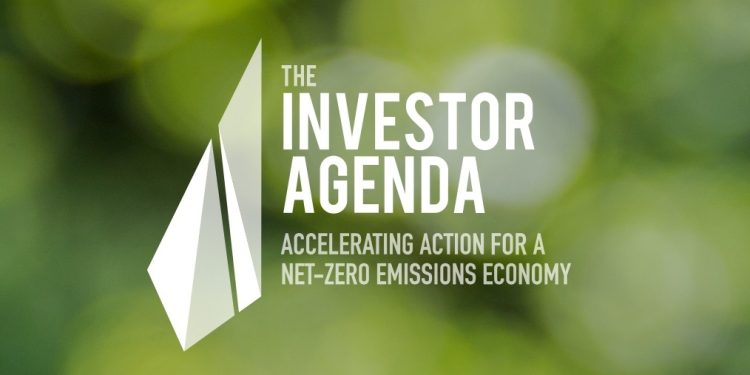Global Investor Climate Crisis Statement
Investor Agenda releases a global investor climate crisis statement, calling on countries to develop effective policies during the COP29 to accelerate private capital flows and large-scale investments to achieve global climate goals.
A total of 534 financial institutions have signed the global investor climate crisis statement, with assets under management exceeding $29 trillion. The signing of the statement will continue until November 1st and will be submitted to all participants of COP29.
Related Post: London School of Economics Releases Global Trends in Climate Change Litigation Report
Investors’ Views on the Climate Crisis
More and more global investors are taking measures to address environmental related financial risks in their investment portfolios and supporting companies’ transition plans based on scientific net zero targets. These actions aim to ensure portfolio value and create long-term returns for clients based on entrusted responsibilities. Since 2020, global clean energy investment has increased by 40% and reached $1.8 trillion in 2023, but it is still below the expected level of $4.8 trillion per year in 2030, while emerging markets and developing economies continue to face underinvestment.
The 2023 COP28 reiterated the need for urgent action to limit the temperature rise to 1.5 degrees Celsius in order to achieve the goals of the Paris Agreement. COP28 has completed the First Global Stocktake, supporting a threefold increase in global renewable energy and a doubling of energy efficiency by 2030 to achieve climate goals. At the COP29 countries will formulate and achieve New Collective and Quantified Goals for climate financing that meet the needs of developing economies, laying the foundation for COP30.
Requirements in Global Investor Climate Crisis Statement
Investors believe that countries need to adopt a whole-of-government approach to formulate policies based on their nationally determined contributions, in order to achieve the private capital flows required for fair net zero emissions. The requirements are:
1. Enact economy wide public policies that cover the entire economic sector:
- Ensure that the 2030 and 2035 targets in the Nationally Determined Contributions are aligned with the global warming target, and submit them to the United Nations Framework Convention on Climate Change by 2025.
- Provide incentives including grants and loan guarantees to accelerate the development, deployment, and dissemination of net zero technology.
- Implement a powerful carbon pricing mechanism and increase its coverage over time.
- Develop climate adaptive government procurement standards to support a low-carbon and sustainable economy.
- Encourage the development of inclusive national planning and supportive financing plans to promote resilience.
2. Implement sectoral transition strategies, especially in high-emitting sectors:
- Expand the deployment of low-carbon energy systems and build supporting infrastructure.
- Improve the level of the power industry and promote the deployment of renewable energy.
- Promote the deployment of clean energy through subsidies or tax reductions.
- Reduce non carbon dioxide greenhouse gas emissions and support the Global Methane Pledge.
3. Address nature, water and biodiversity-related challenges contributing to and stemming from the climate crisis:
- Develop National Biodiversity Strategies and Action Plans to achieve Nationally Determined Contributions.
- Make commitments to address water scarcity and pollution issues, as well as to curb ecosystem degradation.
- Expand climate financing for nature-based and water resource solutions.
- Encourage companies to report in accordance with the requirements of the Taskforce on Nature-related Financial Disclosures.
4. Mandatory climate related disclosures across the financial system:
- Require listed companies, large non-listed companies, asset management companies, and asset owners to publicly disclose scientifically verifiable climate transition plans that comply with global warming targets.
- Mandate disclosure of climate risks in financial reports, including Scope 1, Scope 2, and Scope 3 carbon emission data, and acceptance of external guarantees.
5. Mobilise further private investment into climate mitigation, resilience and adaptation activities in EMDEs:
- Expand the scale of credit enhancement plans, such as insurance mechanisms, guarantees, and other blended finance methods.
- Support technical assistance and capacity building support for emerging markets and developing economies.
- Utilize platforms such as Just Energy Transition Partnerships to expand climate financing commitments and deliveries for emerging markets and developing economies.
Reference:
2024 Global Investor Statement to Governments on the Climate Crisis








